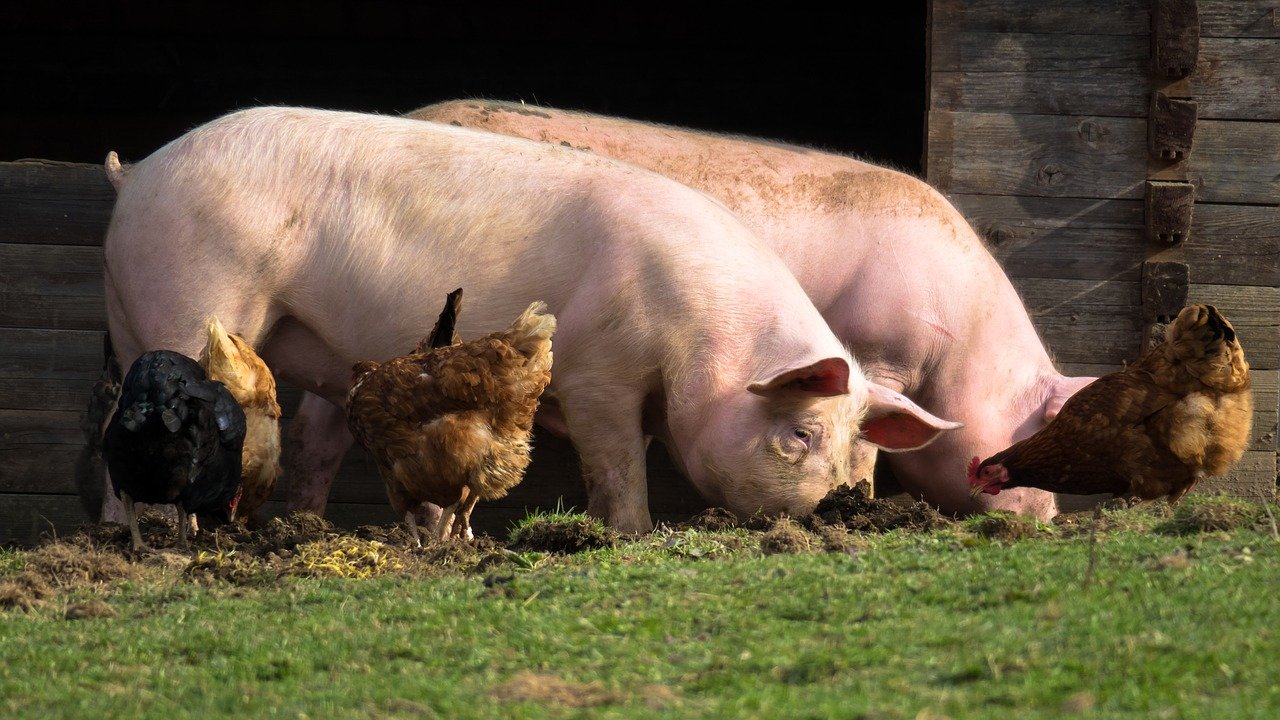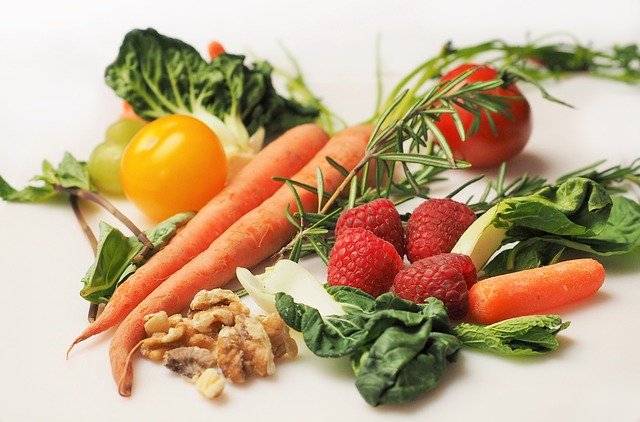There’s no doubt, your cooking method can change the composition of nutrients in fruits and vegetables but it’s not always a bad thing.
In cooked vegetables and fruits, you can have some more nutrients than fresh in some rare cases.
Several scientific studies have shown that cooking can reduce the content of some nutrients but conversely increase the availability of others.
As a result, there is no single “correct” or the best method of cooking, including eating fruits and vegetables raw.
Cooking or Eating fruits and vegetables raw, which is better?
Many people believe that raw vegetables and fruits have more vitamins than cooked but this is not true as everything depends on the type of nutrients.
In one study in Germany for example, 200 people were asked to take raw fruits and vegetables.
As a result of such diet in the subjects, the level of beta carotene was above average while the level of lycopene (another version, beta carotene isomer) in plasma was well below average.
This is not surprising since, in fresh tomatoes, lycopene level is less than when the tomatoes are prepared.
Roughly speaking, in the preparation of fruit, the cell walls in plants are broken and stored nutrients are released in them.
Cooking reduces the content of Vitamin C and B-Vitamins
Water-soluble vitamins such as vitamin B and C and other substances are more susceptible to degradation during cooking.
For example, peas in the pot lose from 85% to 95% of natural levels of vitamin C.
Spinach Preparation reduces the maintenance of vitamin C in it by 2/3.
The effect of cooking on fruits that are rich in the vitamin is the degradation of the vitamin C
Depending on the way of cooking the fruits and vegetables, they usually lose between 15-55% vitamin C according to a study by scientists at the University of California.
It was also noticed that the frozen foods’ vitamin C level happens to be even higher than in fresh because their content is declining rapidly during storage and transport of fresh fruits and vegetables.
When Cooked Fruits and Vegetables can be better than in Raw
In cooked carrots, there are more carotenoids than in fresh carrots.
Fat-soluble vitamins A, D, E, and K and carotenoids are much better during the cooking process.
The effects of cooking on fruits rich in these nutrients will be positive.
In the report of the scientific Journal of Agriculture and Food Chemistry, it was concluded that boiling carrots, broccoli, and Zucchini make the vitamins in them to be better preserved than cooking them, putting them in the oven, and even better than feeding them raw.
Therefore, the effects of heat on fruits and vegetables are not all bad.
If you boil the carrots, then this will increase the content of carotenoids but will reduce the level of polyphenols.
As regards not only the cooking of vegetables and fruits, it is important to recall that, frying food provokes the appearance of some foods (glycation end products), making them harmful carcinogens.
Studies had shown that the method of cooking food affects health.
Does Cooking in the microwave preserves vitamins?
Many people think that cooking in the microwave “kills” fruits and vegetables.
Actually, cooking in the microwave even increases the content of certain vitamins.
Broccoli in the microwave retains more vitamins than when fried or cooked.
There was a time a study was conducted on the effect of boiling, roasting, cooking in the microwave, and the pressure on the content of vitamins in broccoli.
When baking and boiling resulted in a loss of 22-34% vitamin C, cooking in the microwave and slow cooking under pressure, approximately 90% of vitamin C remained.
Conclusion
There is no ideal way of cooking and preserving all the nutrients in vegetables and fruits (except that, to the extent of possibly avoiding frying in favor of other methods).
The effect of cooking fruit can be positive sometimes but generally, nutrients could be lost due to heat.
While heat may not have serious effects on vegetables especially when just steamed.
Some believe there are four effects of cooking vegetables, and we may try to practicalize it and update this page.
The diversity in food which actively make some foods to be better also applies to the diversity in the ways of cooking.








